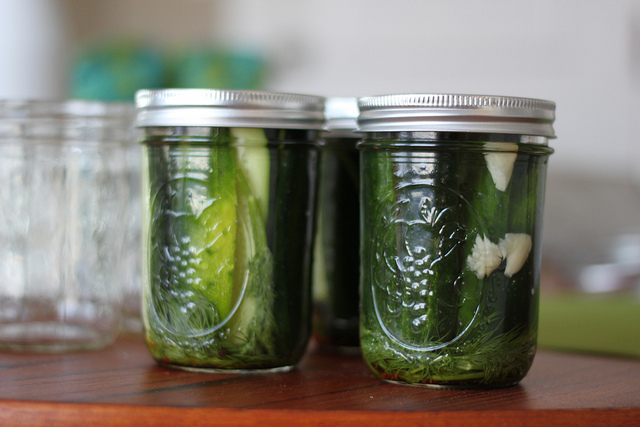
Food leftover or food waste consists of numerous discarded materials. Over the last decade, the amount of food waste generated in Singapore had elevated by 45%. In fact, in 2013, the food waste rate reached its peak of 796, 000 tones and with only 13% of it recycled.
1. SHOP ONLY WHAT IS NECESSARY
Shopping for groceries? Make sure you buy what is realistically necessary for your whole family. Even though the produce is enticing, avoid being greedy with it, as you certainly cannot consume all of it. Plan out your meals and make a detailed shopping list of the ingredients you need. Stick to the list. If you live far away from the grocery store, be careful about your purchases.
2. COOK THE RIGHT PROPORTION
Mouth-watering massive proportions of food in restaurants sound tempting but you only generate more leftovers once you adapt this culture to your home. Avoid cooking more food than your family can consume. Over-serving your friends and family especially during special occasions will only generate more monetary and food waste.
3. EAT THE LEFTOVERS
Save the unconsumed food when you either ordered too much restaurant food or when you cooked excessively. Regularly label these leftovers so you can keep track of how long it has been in your refrigerator.
4. MORE THAN THE EXPIRATION DATES, TRUST YOUR SENSE
Milk, bread, and other grocery products have expiration dates that you can use as guidelines. But, do not solely rely on it. Trust your senses to prevent medical expenses in the event you had a stomach flu or food poisoning. Use your sense of smell, sight, and taste to test the condition of the food.
5. PRESERVE YOUR FOOD BY CANNING
Canning, a method that applies heat to food in a closed container, helps to preserve food and stop its natural spoilage. Lengthen the shelf life of your favorite fruits by following the steps on this video:
What’s more? You can decorate the containers or jars by using paint that you already have.




